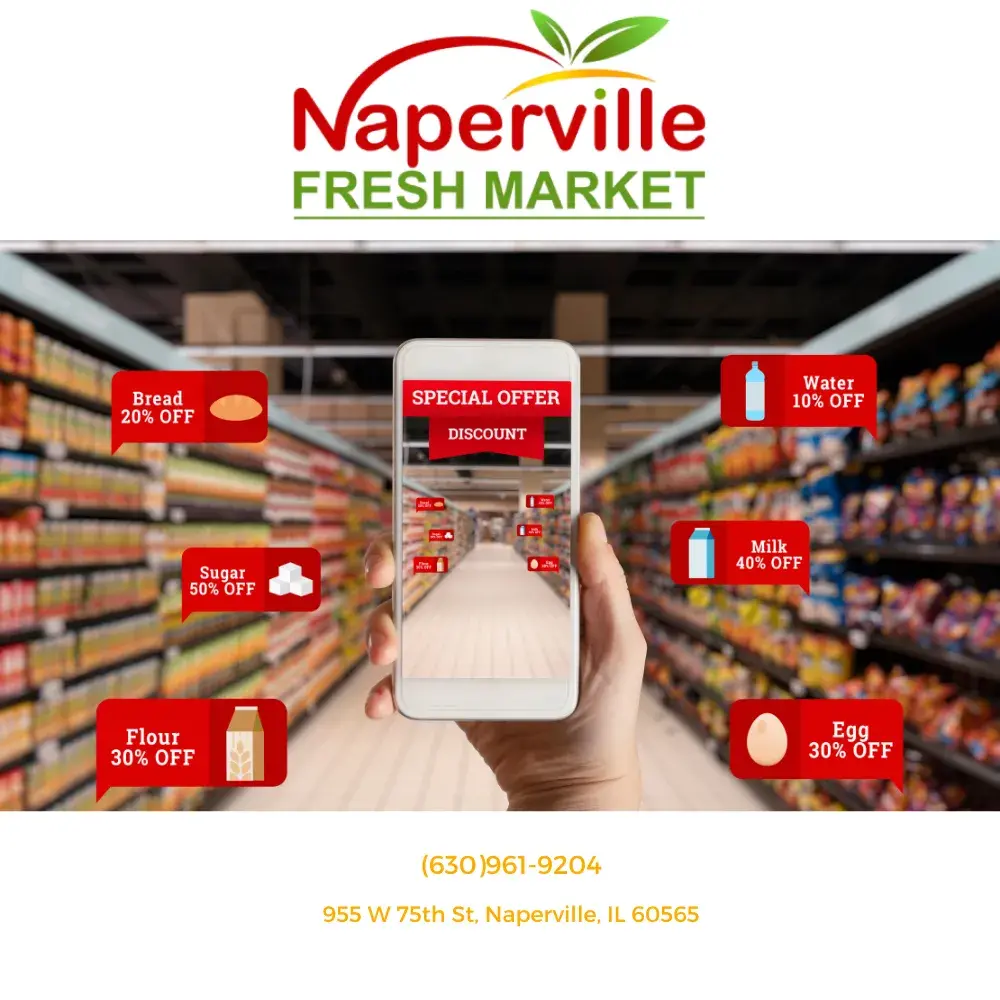Assessing Supplier Capabilities and Compatibility
When searching for a global supplier, retailers must assess a supplier’s capacity to meet their specific needs. This involves evaluating the supplier’s production capabilities, product quality, and adherence to international standards. Compatibility is crucial—suppliers should align with the retailer’s values and goals, including sustainability practices and ethical sourcing, which are increasingly important to consumers. Retailers who work with compatible suppliers find it easier to maintain consistent quality, reliability, and a shared commitment to long-term success in the international market.
Building Relationships Based on Trust and Communication
Trust and effective communication are foundational elements for successful global supplier partnerships. Retailers should prioritize suppliers who value transparency, allowing for clear and open communication regarding expectations, timelines, and potential challenges. Regular meetings and updates help both parties stay aligned, building a partnership that can adapt to changing market conditions. In the international market, trust enhances reliability, as suppliers are more likely to prioritize retailers who communicate openly and respect shared business goals, ensuring a stable supply chain that meets customer needs.
Ensuring Quality Control and Compliance Standards
In the highly competitive international market, maintaining consistent quality is essential for customer satisfaction. Retailers should work with suppliers who meet stringent quality control standards and are willing to undergo regular audits. This includes adhering to international compliance standards for safety, environmental responsibility, and ethical labor practices. By ensuring that suppliers meet these standards, retailers not only protect their brand reputation but also foster a positive customer perception of their international market offerings. Suppliers who prioritize quality are valuable partners, helping retailers provide reliable and appealing products.
Evaluating Cost Efficiency Without Compromising Value
Cost is always a consideration, but retailers must balance efficiency with the value of the products they offer. Partnering with suppliers who offer competitive pricing without compromising quality is essential for long-term profitability. The right global supplier should be able to provide a balance between affordability and excellence, enabling retailers to maintain reasonable prices for consumers while ensuring quality. Retailers who achieve this balance are better positioned to succeed in the international market, gaining customer loyalty through dependable and valuable products.
Finding the right global supplier partnerships is crucial for retail success, particularly in the international market where customer expectations and competition are high. By assessing supplier compatibility, prioritizing communication, ensuring quality standards, and evaluating cost efficiency, retailers can build strong, reliable partnerships that drive growth and customer satisfaction. These strategic alliances allow retailers to deliver a diverse and high-quality product range that meets the needs of today’s global customers.
Learn More
How Supermarkets Can Develop Long-Lasting Global Supplier Relationships




